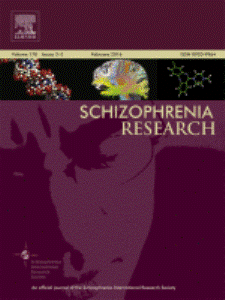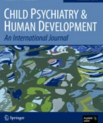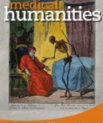Discriminating autism spectrum disorders from schizophrenia by investigation of mental state attribution on an on-line mentalizing task
Article published in Schizophrenia Research 2016

Abstract:
In recent years, theories of howhumans forma “theory of mind” of others (“mentalizing”) have increasingly been called upon to explain impairments in social interaction inmental disorders, such as autismspectrum disorders (ASD) and schizophrenia. However, it remains unclearwhether tasks that assess impairments inmentalizing can also contribute to determining differential deficits across disorders, whichmay be important for early identification and treatment. Paradigms that challengementalizing abilities in an on-line, real-life fashion have been considered helpful in detecting disease-specific deficits. In this review, we are therefore summarizing results of studies that assess the attribution of mental states using an animated triangles task. Behavioral as well as brain imaging studies in ASD and schizophrenia have been taken into account. While for neuroimaging methods, data are sparse and investigation methods inconsistent, we performed a meta-analysis of behavioral data to directly investigate performance deficits across disorders. Here,more impaired abilities in the appropriate description of interactionswere found in ASD patients than in patientswith schizophrenia.Moreover, an analysis of firstepisode (FES) versus longer lasting (LLS) schizophrenia showed that usage of mental state terms was reduced in the LLS group. In our reviewand meta-analysis, we identified performance differences between ASD and schizophrenia that seem helpful in targeting differential deficits, taking into account different stages of schizophrenia. However, to tackle the deficits in more detail, studies are needed that directly compare patients with ASD and schizophrenia using behavioral or neuroimaging methods with more standardized task versions.



